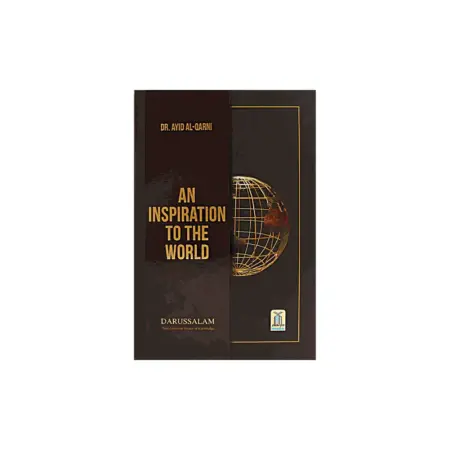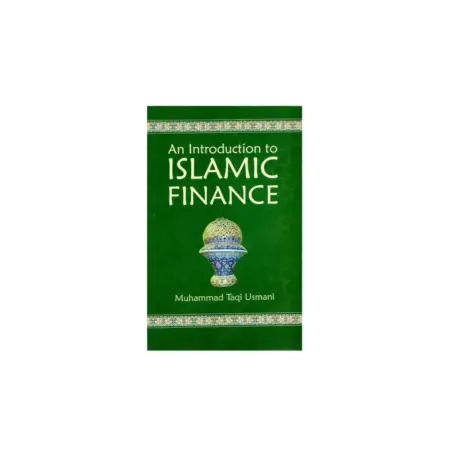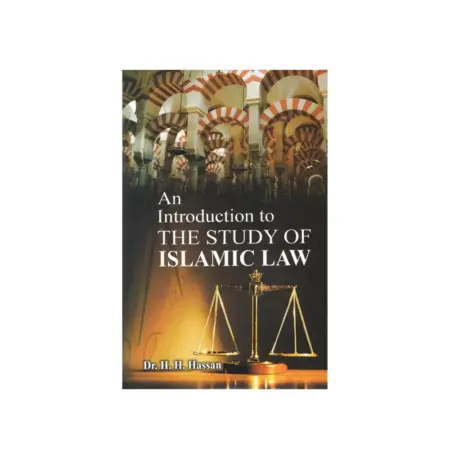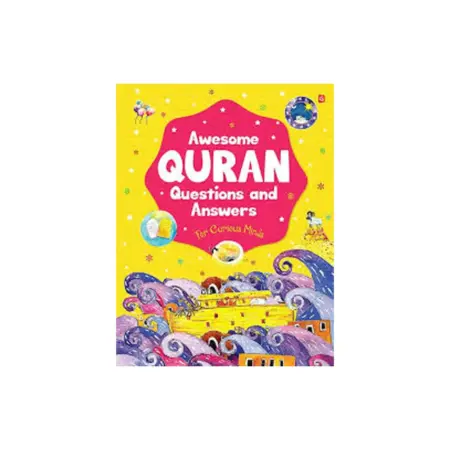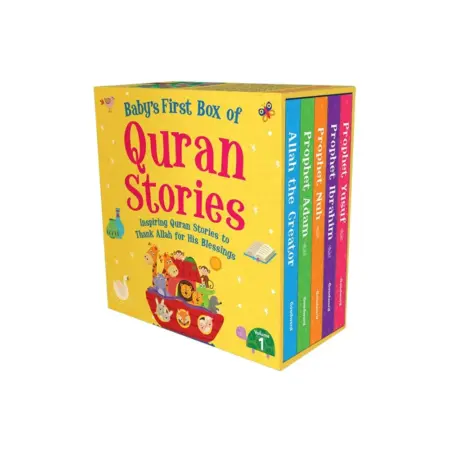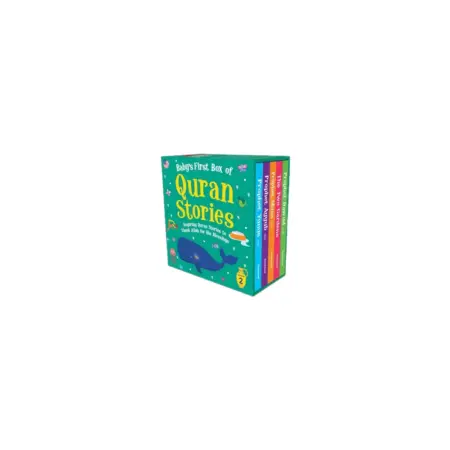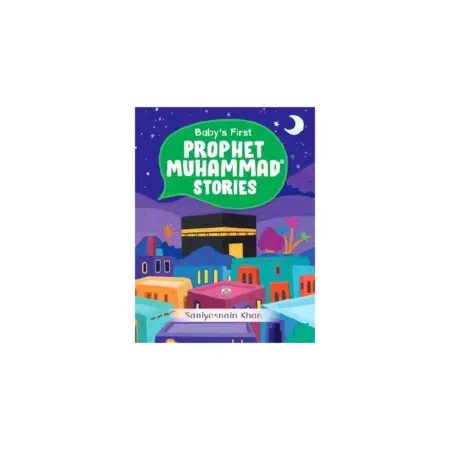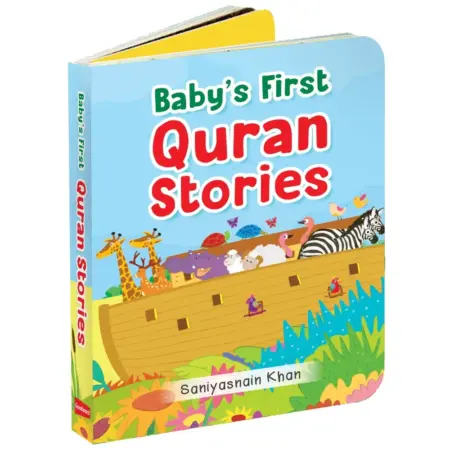“Bedtime Quran Stories Hardbound Saniyasnain Khan Goodword English” has been added to your cart. View cart
- Brand: DeobandAn Approach To The Quranic Sciences Justice Mufti Muhammad Taqi Usmani Adam English
₹695.00Original price was: ₹695.00.₹556.00Current price is: ₹556.00. - Brand: DeobandAn Inspiration To The World Dr. Ayid Al Qarni Darussalam English
₹2,000.00Original price was: ₹2,000.00.₹1,600.00Current price is: ₹1,600.00.- Name: An Inspiration To The World
- Writer: Dr. Ayid Al Qarni
- Publisher: Darussalam
- Language: English
- Brand: DeobandAn Introduction To Islamic Finance Muhammad Taqi Usmani Adam English
₹595.00Original price was: ₹595.00.₹476.00Current price is: ₹476.00. - An Introduction To The Quran Dr.Mazhar U. Kazi Mmi English
₹45.00Original price was: ₹45.00.₹40.00Current price is: ₹40.00.- Historical Background: The book begins with a discussion of the historical context in which the Quran was revealed. It covers the life of Prophet Muhammad (PBUH) and the early history of Islam, providing readers with a foundation for understanding the Quran’s message.
- Structure of the Quran: Dr. Kazi explains the structure of the Quran, including its chapters (Surahs) and verses (Ayahs). He discusses the arrangement of the Surahs and the significance of their order.
- Key Themes: The book highlights the key themes of the Quran, such as monotheism, prophethood, the afterlife, and the importance of good deeds. Dr. Kazi provides explanations and examples to illustrate these themes.
- Interpretation and Commentary: Dr. Kazi offers interpretations and commentary on selected verses, helping readers understand the deeper meanings and implications of the Quran’s teachings. He also addresses common misconceptions and provides clarifications.
- Practical Application: The book discusses how the teachings of the Quran can be applied in daily life. It provides guidance on issues such as morality, ethics, and social justice, encouraging readers to incorporate Quranic principles into their actions and decisions.
- Brand: DeobandAn Introduction To The Study Of Islamic Law Dr H H Hassan Adam English
₹995.00Original price was: ₹995.00.₹796.00Current price is: ₹796.00. - Ar Raheekh Al Makhtoom Double Colour Maulana Saifur Rahman Mubarakpuri Islami Kitab Gher Urdu
₹550.00Original price was: ₹550.00.₹460.00Current price is: ₹460.00. - Brand: DeobandArab Contribution To Botany And Agriculture Adam English
₹395.00Original price was: ₹395.00.₹316.00Current price is: ₹316.00. - Arabi Islami Uloom Aur Mustashriqeen Muhammad Sanaullah Tanqeed Al Balagh Urdu
₹500.00Original price was: ₹500.00.₹375.00Current price is: ₹375.00.- arabi-islami-uloom-aur-mustashriqeen-urdu
- Critique of Orientalist Scholarship: Prof. Nadwi examines the works of prominent Western Orientalists, highlighting their misconceptions and misinterpretations of Islamic texts and history.
- Defense of Islamic Scholarship: The book provides a robust defense of Islamic scholarship, emphasizing the depth and richness of Islamic knowledge and its contributions to various fields.
- Methodological Differences: Prof. Nadwi discusses the methodological differences between Islamic scholars and Western Orientalists, pointing out the strengths and weaknesses of each approach.
- Historical Context: The book places the works of Orientalists within the historical context of colonialism and the political motivations behind their studies.
- Brand: DeobandArabic Alphabet Tracing Wooden 9 Boards
₹1,500.00Original price was: ₹1,500.00.₹1,125.00Current price is: ₹1,125.00. - Asaan Fahme Quran Imtiyaz Ahmad Islami Kitab Gher
₹500.00Original price was: ₹500.00.₹450.00Current price is: ₹450.00. - Aurat Aur Islam Maulana Sayyid Jalaluudin Umri Mmi Urdu
₹150.00Original price was: ₹150.00.₹127.50Current price is: ₹127.50.- Women’s Rights in Islam: The book discusses the fundamental rights granted to women in Islam, such as the right to education, property ownership, and participation in social and economic activities.
- Marriage and Family Life: Maulana Umri addresses the Islamic perspective on marriage, emphasizing the importance of mutual respect, love, and partnership between spouses. He also discusses the rights and responsibilities of both partners within a marriage.
- Social and Economic Roles: The book highlights the contributions of women to society and the economy, showcasing examples of women who have excelled in various fields while adhering to Islamic principles.
- Ethical and Moral Conduct: Maulana Umri emphasizes the importance of ethical behavior and moral conduct for women, encouraging them to uphold the values of modesty, integrity, and compassion.
- Historical Examples: The book includes references to historical figures and events that illustrate the significant roles women have played in Islamic history, from scholars and educators to leaders and activists.
- Brand: GoodwordAwesome Quran Questions And Answers Hardbound Saniyasnain Khan Goodword English
₹800.00Original price was: ₹800.00.₹600.00Current price is: ₹600.00. - Brand: GoodwordBabys First Box Of Quran Stories Volume1 Set Of Five Board Books Saniyasnain Khan Goodword English
₹1,600.00Original price was: ₹1,600.00.₹1,200.00Current price is: ₹1,200.00. - Brand: GoodwordBabys First Box Of Quran Stories Volume2 Set Of Five Board Books Saniyasnain Khan Goodword English
₹1,600.00Original price was: ₹1,600.00.₹1,200.00Current price is: ₹1,200.00. - Brand: GoodwordBabys First Prophet Muhammad Stories Saniyasnain Khan Hardbound Board Book Goodword English
₹1,350.00Original price was: ₹1,350.00.₹1,012.50Current price is: ₹1,012.50. - Brand: GoodwordBabys First Quran Stories Hardbound Board Books Saniyasnain Khan Goodword English
₹1,350.00Original price was: ₹1,350.00.₹1,012.50Current price is: ₹1,012.50.


